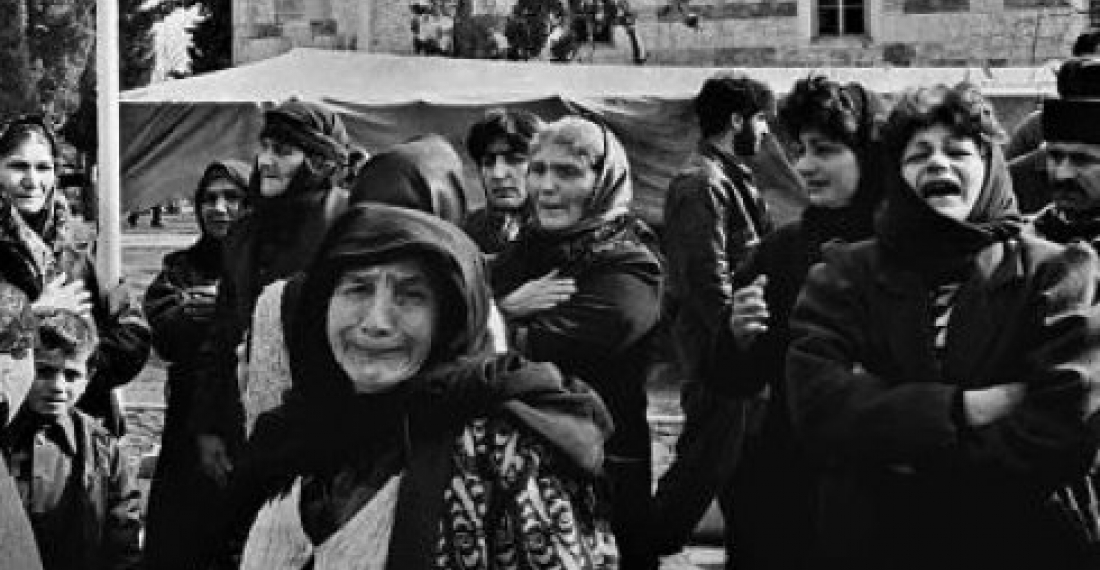In the modern history of the Caucasus region there are many examples of pain and suffering caused by conflict and ethnic strife. The events in Khojaly in 1992 stand out both for their cruelty, as well as for the fact that they happened on the eve of the 21st century, when information travelled fast, and the world had no excuses that it did know what was going on.
On the night of 25-26 February 1992 hundreds of Azerbaijani civilians, including women and children were killed as they were trying to leave from the town of Khojaly, that was just about to fall under Armenian occupation. Foreign journalists that visited the scene soon after speak about dozens of bodies littering the roads. It remains one of the most tragic chapters of the long and bloody Karabakh conflict. The anniversary of the massacre is marked not only in Azerbaijan but also among many communities world-wide.
The massacre was documented by a number of human rights organisations, including Human Rights Watch and Memorial, as well as a number of journalists, some of who wrote graphic reports about it in the mainstream western and Russian media.
Some Armenian sources justify what happened in Khojaly, claiming that armed men were hiding among the civilians fleeing Khojaly. But others accept that the Khojaly massacre was an act of revenge against earlier killings of Armenian civilians in Azerbaijan.
Civilian populations, both Azerbaijani and Armenian, remain captive of the Karabakh conflict. They suffer both as a result of the fighting that erupts regularly, but beyond that hundreds of thousands remain displaced, and communities in the conflict zone live in constant fear.
The world must remember Khojaly in order to ensure that it will never happen again to any community regardless of its ethnicity. The governments of Armenia and Azerbaijan should also take steps in this direction by signing and ratifying the statutes of the International Criminal Court to make it possible to prosecute those who commit similar atrocities in the future. The international community should increase its efforts to bring about a resolution of the Karabakh conflict, and open a new chapter of hope for the people of the region. In that way the victims of Khojaly would not have died in vaiin.
This comment was prepared by the editorial team of commonspace.eu






